International Baccalaureate (IB) Career-related Programme (CP) Guide
The International Baccalaureate (IB) Career-related Programme (CP) combines variants of the IB “core” found in the standard IB DP programme with two subjects drawn from its highly academic core subject groupings. These are combined with a non-IB vocational qualification provided by BTEC or Cambridge International – or an apprenticeship in industry.
The subject is graded very differently from the main IB Diploma and schools are given considerable latitude in the programs design and assessment to ensure that it meets the needs and talents of its students.
The programme can theoretically be designed to be more academic than the IB DP if a student would benefit from that approach. Equally, it can be designed to limited academic elements and focus on coursework, industry placement and practical activity.
More detail can be found in the table below, but our view is that, properly administered, the International Baccalaureate (IB) Career-related Programme (CP) is an exceptionally important qualification, arguably the first in the world to combine the best of academic and vocational elements effectively in a single qualification.
Its value, being backed by the IB, is considerable both as a fast-track qualification for students to secure direct industry employment or apprenticeships at age 18 – but also an inspirational pre-qualifier for undergraduate study.
The qualification is accepted by top tier universities worldwide.
Switzerland
International Baccalaureate®
(Formerly International Baccalaureate® Organisation (IBO))
Studied over two years, generally by students between the ages of 16 and 18 years, in Grades 11 and 12 of an International Baccalaureate® school
International Baccalaureate® CP students study for:
(1) any two IB Diploma Programme (DP) courses that must be relevant to the student’s career-related studies (this can optionally be increased to 4 but extra courses will not add to the ability of the student to secure the Certificate);
(2) the four "core" IB elements of: (a) a 50-hour community "service learning" course (similar to CAS); (b) a second language; (c) an 80-hours "Approaches to learning" course, and (d) a "Reflective" 3500-word research based project; and,
(3) one directly career-related qualification decided and awarded by an alternative body chosen by the school. In the Emirates this has tended to be a BTEC Level 3 Diploma in Travel and Tourism, although it could also be drawn from a number of applied International A Levels
The IB Diploma Programme (DP) courses, which can be taken at either Standard or Higher level, are chosen from within the six IB subject blocks: :
Subjects available within each subject block are:
SUBJECT BLOCK 1: Language and literature
Language A: literature (Standard Level or Higher Level)
Language A: language and literature (Standard Level or Higher Level)
Literature and performance (Standard Level only)
SUBJECT BLOCK 2: Language acquisition
Classical languages (Standard Level or Higher Level)
Language B (Standard Level or Higher Level)
Language ab initio (Standard Level only)
SUBJECT BLOCK 3: Individuals and societies
Business management (Standard Level or Higher Level)
Economics (Standard Level or Higher Level)
Geography (Standard Level or Higher Level)
Global Politics (Standard Level or Higher Level)
History (Standard Level or Higher Level)
Information technology in a global society (Standard Level or Higher Level) Philosophy (Standard Level or Higher Level)
Psychology (Standard Level or Higher Level)
Social and cultural anthropology (Standard Level or Higher Level)
World religions (Standard Level only)
SUBJECT BLOCK 4: Sciences
Biology (Standard Level or Higher Level)
Chemistry (Standard Level or Higher Level)
Computer Science (Standard Level or Higher Level)
Design technology (Standard Level or Higher Level)
Environmental systems and societies (Standard Level or Higher Level)
Physics (Standard Level or Higher Level)
Sports, exercise and health science (Standard Level only)
SUBJECT BLOCK 5: Mathematics
Further mathematics (Higher Level only)
Mathematical studies (Standard Level only)
Mathematics (Standard Level or Higher Level)
SUBJECT BLOCK 6: Arts
Dance (Standard Level or Higher Level)
Film (Standard Level or Higher Level)
Music (Standard Level or Higher Level)
Theatre (Standard Level or Higher Level)
Visual arts (Standard Level or Higher Level)
The two (maximum 4) IB Diploma Programme (DP) courses are heavily weighted to examinations in most subjects, between 20% and 40% of the final grade is, however, awarded according to coursework in most subject blocks. The exception is in Mathematics for which grading is based entirely on performance in examinations.
To secure the International Baccalaureate® (IB) Career-related Programme (CP) certificate, students must only score a minimum of 3 points (out of total possible 7) in two subjects.
The core elements differ from those in the IB DP because with the CP it is the school that internally determines and develops the delivery, content and assessment for (a) the 50-hour community "service learning" course (similar to CAS); (b) the second language and (c) the 80-hours "Approaches to learning" course.
Although the core elements must use a mix of exams and coursework to assess students, it is the school that decides the mix/weighting.
The "Reflective" 3500-word research based project is also assessed by the school, although the IB will moderate a sample of papers submitted by each school.
On this basis, depending on the school's choices, the International Baccalaureate® CP could be weighted very significantly towards coursework and practical activities as the predominant medium of assessment.
Whilst on first glance it would appear that the International Baccalaureate® CP is similar to the Diploma programme, it is in fact radically different in its academic focus.
The school is able to reduce the examination component very significantly in its choice of assessments and vocation course option.
The International Baccalaureate® CP is academically a much easier qualification to obtain - but vocationally more difficult that the IB DP. This does not mean it is any less valuable or stretching - but in a different way. It will fit the learner profile of more practical students significantly better.
Differences are subtle but critical.
In the IB CP, although students have a language component (which is a hugely controversial and challenging part of the main DP programme) it does NOT have to be examined or certified. Students must simply follow a serious two years of language learning. If at the end off two years they are not at a level to take formal examinations it will not prevent them from earning the CP.
The IB DP requires study in six academic subjects. The IB CP requires study in two.
To secure the IB CP students must score 3 points in each subject. Whilst it is almost impossible to directly compare this to equivalent A Level scoring, and depending whether the paper is at higher or standard level, this equates to around an E Grade or less in an International A Level.
The IB core elements are defined and assessed by the school - meaning that the best schools will map the content and assessment to the ability profile and skills of students.
The vocational element is not provided by the IB. If a BTEC Level 3 is used as an example of the type of an element a school may choose, this is almost entirely coursework/activity based, but considered in broad terms to be equivalent to 3 A2 levels. Alternatively a single International A Level could be used, and again, as an example, the Cambridge International "Travel and Tourism" could be used which assesses 50% of the full Level on a coursework project. We think it would be theoretically possible for a school to use an AS Level qualification and still meet the IB requirement here - but as a one year course this would have to be carefully aligned with other study or an apprenticeship.
The IB provides excellent on-line materials for students in the core DP subjects.
CIE and BTEC qualifications are widely supported by third-party literature.
The International Baccalaureate® (IB) Career-related Programme (CP) is, unlike the Diploma (DP), not points graded. Candidates secure a certificate. Individual marks within each part of the programme may be required by employers or universities to reach an understanding of the performance of each candidate.
The International Baccalaureate® (IB) Career-related Programme (CP) costs the same as studying for the IB DP. Arguably the actual demands it places on the school for delivery, if properly administered, may actually be higher than those in delivering the DP programme because of the complexity of managing multiple curricula, and industry placement.
An International Baccalaureate® education is usually aligned with the most expensive Emirate's schools. This is mainly because of the calibre of teaching staff required to teach it, and the number of teaching staff required to ensure its effective delivery - particularly within inclusive schools.
Whilst this is a general rule, alternative curricular schools can be more expensive, costs rising according to the number of subject options made available within each school.
It is extremely unlikely that any student could transfer out of the The International Baccalaureate® (IB) Career-related Programme (CP) once it is commenced.
Arguably the programme is particularly suited to student who wish to fast-track employment in industry at age 18 rather than continuing in further education. It also provides excellent backing for applying for apprenticeships in industry.
However. in some UK schools offering the IB CP, the qualification is used to apply to university - and with great success. For The Anglo European School in Ingatestone, Essex, the first to pilot the IBCC, all its CP students go on to attend university, although it can mean tutors having to speak directly with admissions tutors at the chosen universities to clarify the programme.
The programme is suited to less academic children who are, instead, vocationally and practically gifted. It also suits students who are not able to reflect their abilities and talents under the pressures of examinations, or for children who want a mix of vocational and academic study post-16.
Because the International Baccalaureate® (IB) Career-related Programme (CP) offers schools, and students, so much latitude in configuring the programme, it can be built into a qualification every bit as academically demanding as its DP counterpart. Students could, for example, choose 4 higher level Diploma subjects in combination with any number of GCE A' Levels.
Our view is that the CCP programme, because of its IB backing, enjoys an identical global profile to the IB DP. We rate this qualification very highly. The content of the programme, and the intervention of course tutors with industry and universities, however, will be a key element of its ultimate value.
As a qualification still in trial some ague its ability to engage employers must be limited. WWe take an opposite view - that if the vocational element is underwritten by CIE or BTEC, then the qualification becomes significantly more valuable than either because of the breadth of the IB added value elements and the addition of the IB brand to back its delivery. Obviously the qualification's value to industry will be directly related to the vocational area studied.
The IB is very clear that the IB CP, whilst designed to enable students to fast-track into industry, is also designed to offer pre-qualification for undergraduate study.











































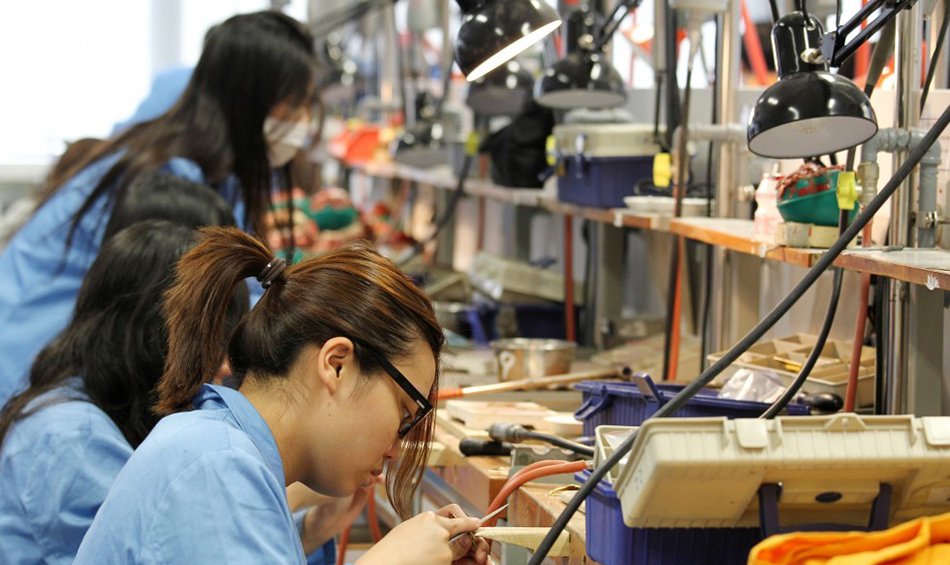
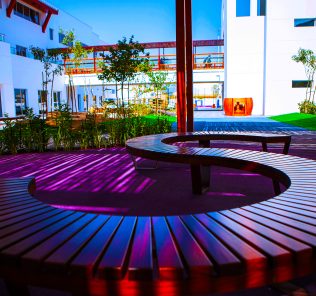


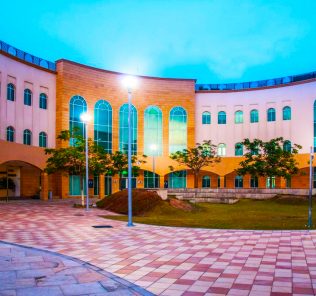
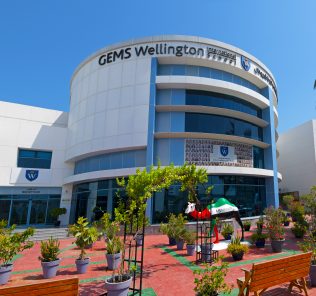

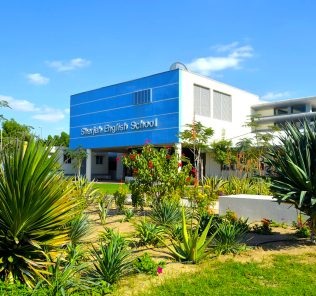



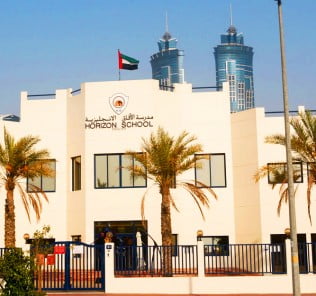
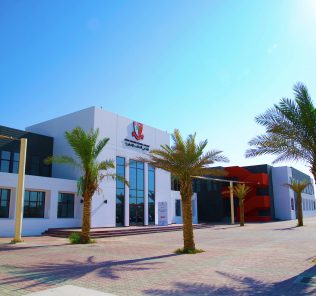


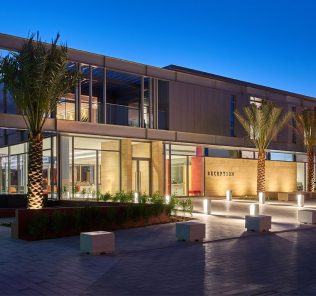
















Leave a Response